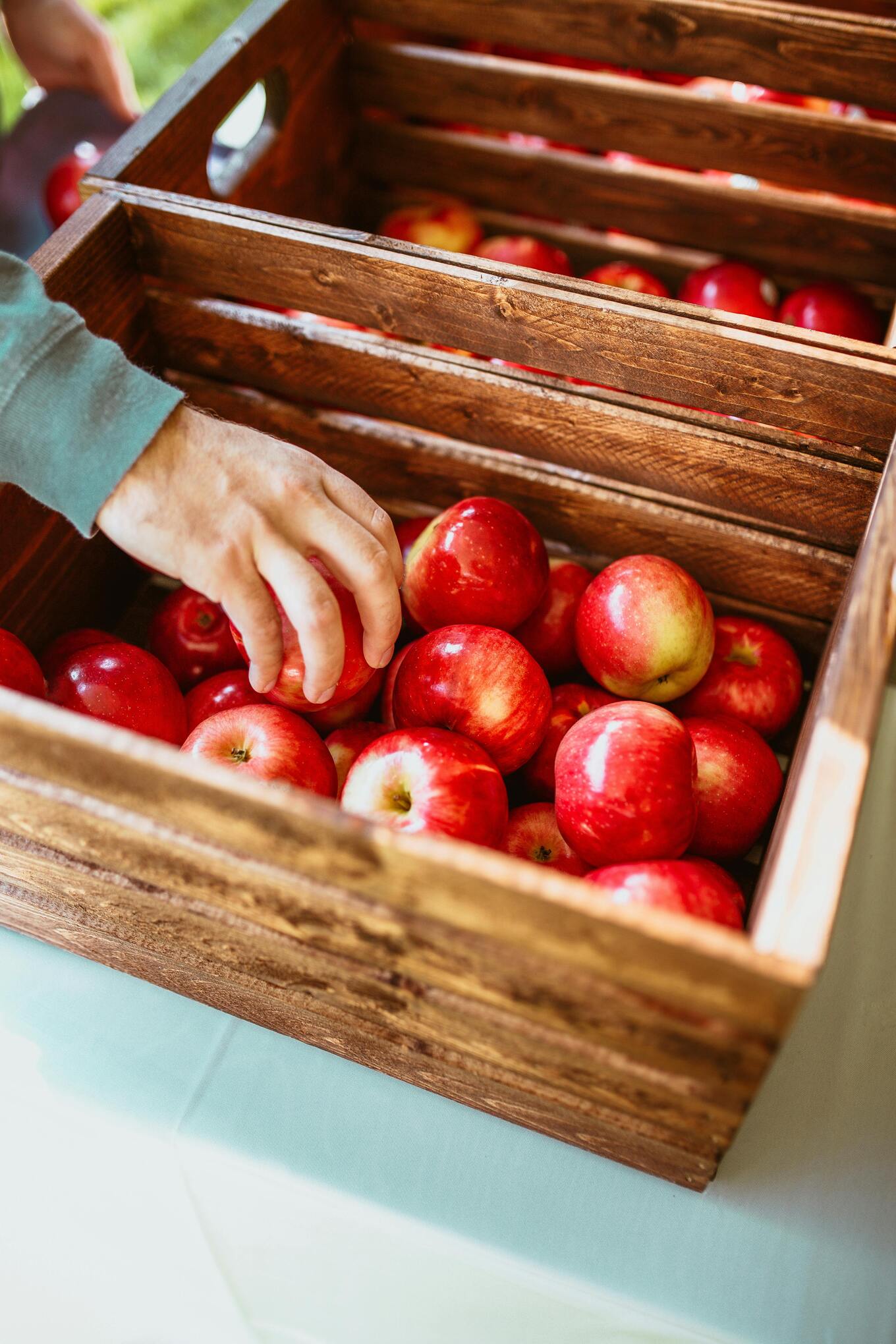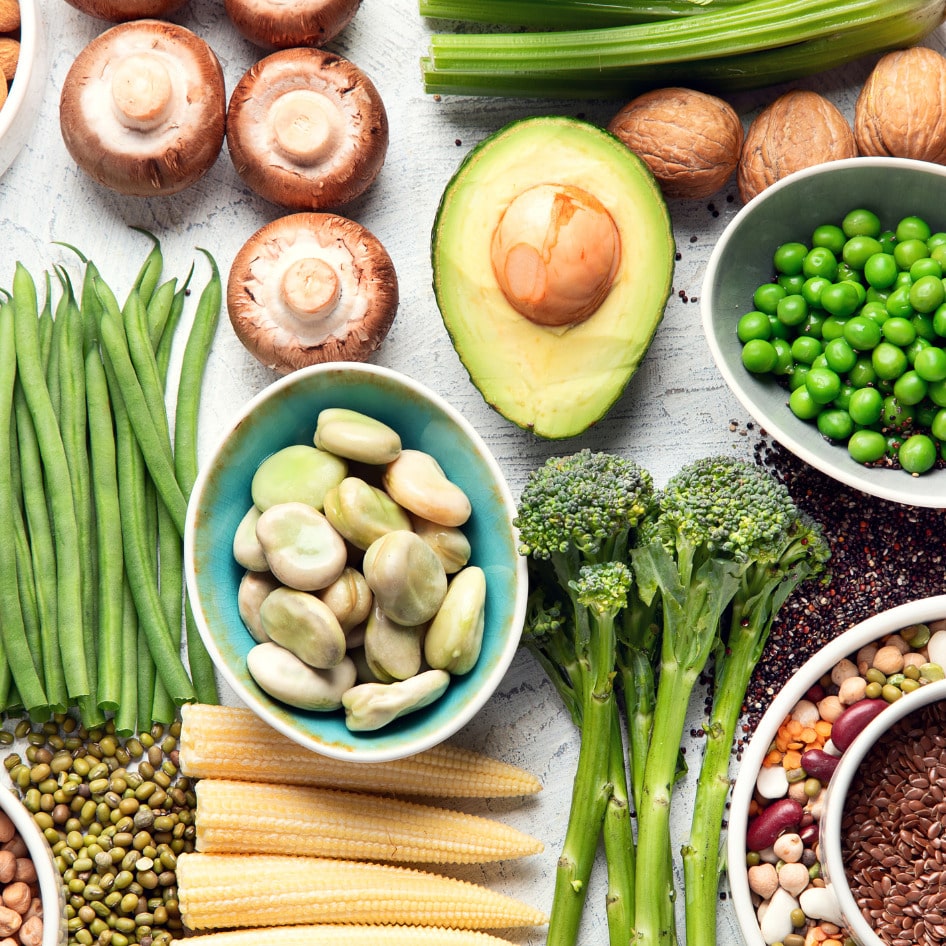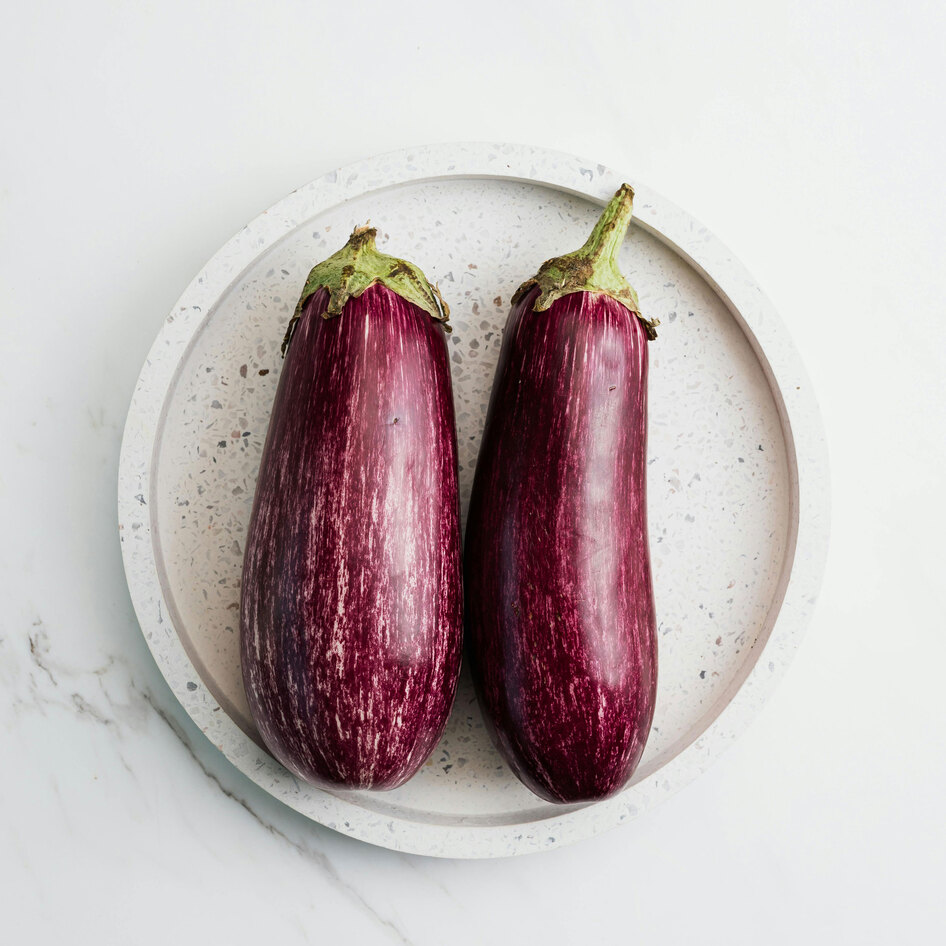A new study has added weight to the idea that what you eat can change how your body responds to polluted air. Using data from nearly 200,000 participants in the UK Biobank, researchers found that women who ate four or more portions of fruit each day experienced less of a decline in lung function when exposed to fine particulate pollution than those who ate less.
The analysis, presented by Pimpika Kaewsri of the University of Leicester at the European Respiratory Society Congress in Amsterdam, showed that for every rise in fine particle pollution in the air, women who ate less fruit lost about 78 milliliters of lung capacity, while those who ate more fruit lost about 58 milliliters.
 Prostock Studio | Canva
Prostock Studio | Canva
Kaewsri explained, “Our study confirmed that a healthy diet is linked to better lung function in both men and women regardless of air pollution exposure. And that women who consumed four portions of fruit per day or more appeared to have smaller reductions in lung function associated with air pollution, compared to those who consumed less fruit.”
“This may be partly explained by the antioxidant and anti-inflammation compounds naturally present in fruit,” Kaewsri added. “These compounds could help mitigate oxidative stress and inflammation caused by fine particles, potentially offsetting some of the harmful effects of air pollution on lung function,”
Which fruits make a difference
The study did not single out any specific fruit as the driver of the effect. Instead, it looked at overall “fruit portions.” Still, other research helps shine a light on which fruits may matter most.
A long-term study from Johns Hopkins University followed participants for ten years and found that people who ate more than three portions of fruit daily—especially apples and tomatoes—saw slower declines in lung function compared to those eating less than one portion. Researchers also suggested that a diet rich in these foods could help repair some lung damage in former smokers.
 Josh Hild | Pexels
Josh Hild | Pexels
Another meta-analysis of more than 20,000 people showed that fruit-derived polyphenols were associated with healthier respiratory function. Polyphenols are abundant in foods such as berries, apples, grapes, and pomegranates. A separate trial focusing on individuals with chronic obstructive pulmonary disease also found that eating more fruits and vegetables over time improved lung performance.
Not all studies agree. Some reviews suggest that increasing fruit intake may help preserve lung function but may not reverse advanced disease. Still, the repeated appearance of apples, berries, and tomatoes in the scientific literature suggests that variety and consistency are key.
Beyond diet, policy matters
Kaewsri’s work also highlighted gender differences in eating patterns. Men in the UK Biobank reported lower fruit intake than women, which may explain why the protective effect was most apparent in women. “This difference in dietary patterns may help explain why the potential protective effect of fruit against air pollution was only observed in women,” Kaewsri noted.
 Getty
Getty
BECOME A VEGNEWS VIP: Get exclusive product deals, freebies, and perks galore!
Experts caution that fruit should be viewed as part of the solution, not the whole answer. Sara De Matteis, professor at the University of Turin and chair of the European Respiratory Society’s group on occupational and environmental health, stressed that diet cannot replace systemic policy. “This study confirms the potential respiratory health benefits of a healthy diet, especially rich in fresh fruit intake,” she said.
De Matteis added that access to a plant-rich diet is not evenly distributed and that responsibility for cleaner air must remain with governments. “A healthy plant-rich diet should be promoted in the population starting from primary school, not only for preventing chronic diseases, but also to reduce the carbon-footprint of meat-rich diets.”
“This does not exempt governments from continuing with environmental policies to reduce air pollution to as low as possible, given there are no safe exposure levels, and it does not transfer their accountability to individuals whose diet choices are often constrained by economic needs,” De Matteis continued.
Taken together, the research suggests that a diet rich in colorful, antioxidant-packed fruits can offer some protection for the lungs. From the quercetin in apples to the anthocyanins in berries and the lycopene in tomatoes, different fruits bring compounds that may help offset the oxidative stress of polluted air. While policy remains the most powerful tool to reduce exposure, what ends up on the plate may still shape how resilient lungs remain in a world where clean air is not guaranteed.
For more plant-based stories like this, read:
JUMP TO ... Latest News | Recipes | Guides | Health | Subscribe








